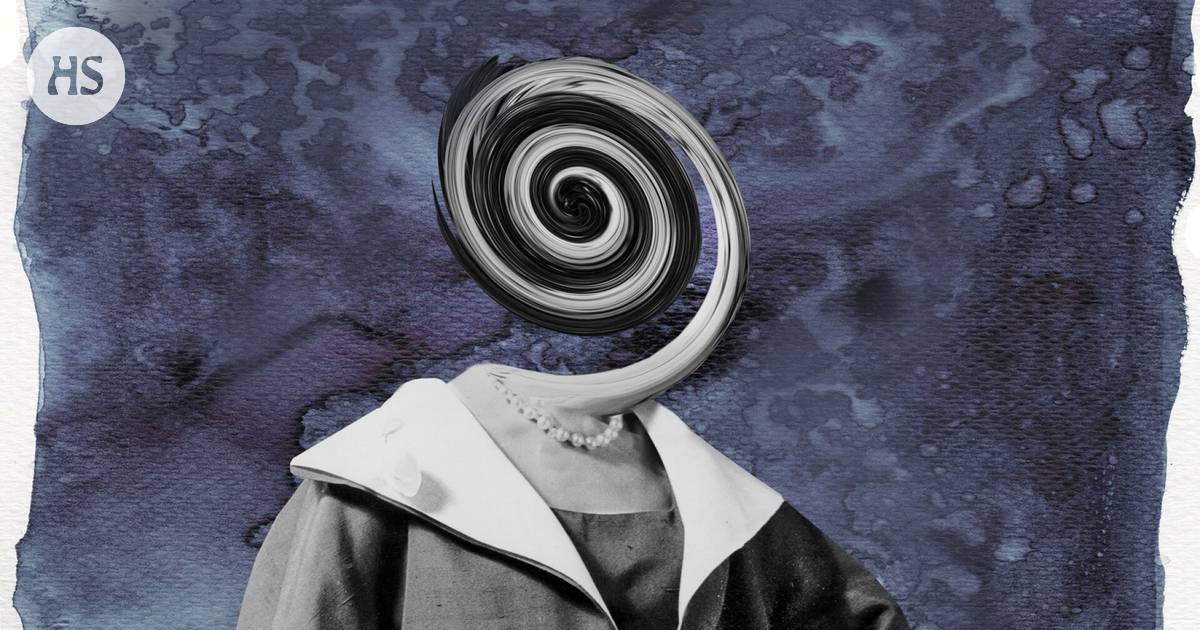It would be good to remember that man is not Human.
At least this is how the philosopher and feminist theoretician thinks Rosi Braidotti in his work originally published in 2019 Information after the person. Kaisa Kortekallio has now smoothly translated it into Finnish, even though the work is not the easiest.
A medley of overlapping thinking models, often called posthumanism, is raised as the central new thinking framework of the new millennium. Thinking about cybernetics, animal research, ecocriticism, neomaterialism and questioning humanistic virtues are the cornerstones of post-humanist, post-human thinking.
In the world we experience, the boundaries between digital, physical and biological are blurring. Humans and non-humans inhabiting the planet are in the same boat.
Braidotti deepens in his work to this theory of post-human thinking and surprisingly also to practice, for example through populism and the market. For him, a person feels bad when a person puts a person in the center.
Man should be reinvented as an equal part of everything else that exists, not as an exceptional actor.
It is not about exterminating the human species or replacing it with artificial intelligence, but about thinking where the center of the world is no longer the human subject. You could say that the same overlap can be found, for example, in Hinduism and Taoism, and the idea is not entirely new.
According to Braidotti, traditional humanism is associated with hierarchizing practices of exclusion – the ways in which human beings are separated from animals, men from women, white from black, reason from emotion, and subject from object.
According to him, the distinction leads to the fact that Man with a capital I means a white, rational figure placed above nature, defined by the English word man.
A philosopher believesthat the majority thinking committed to the past is stuck in place and tied to protocol, while the minority thinking instead is “nomadic” and combines criticism and the creation of new concepts.
“Belief in humanistic civilization has begun to seem like an ancient romance”, Braidotti quotes the writer-historian Marina Warneria. According to him, thought disguised as rational turns into uncivilized shouting, for which alternatives should be created.
They can be found, for example, in radical nature thinking, feminism, the study of minorities and cybernetics.
Examples include the legal statuses granted to “nature” or digitality. For example, in New Zealand rivers are recognized as legal entities, while in India the rights of waterfalls are recognized. On the other hand, digital privacy protection would help the individual to preserve his own digital identity from the likes of Facebook dead souls from traders.
Braidotti drives as a new approach to vital and feminist neomaterialism, where the actual and the virtual go hand in hand: what already is and what will be.
Virtual means possible and therefore a deeper word must be found to describe a possible life. For him it is zoethe life of all living things, while bios describes the life of social subjects, people.
Braidotti needs theory alongside practice, but on the other hand, also a change in the structures of practical research. He brings out the artist Paulo Tavareswhich examines the transformation of objects and natural objects when they are converted into forensic evidence.
An object, for example a pine tree or a burnt bucket, becomes a legal witness, a subject. The perspective changes radically.
Philosopher and feminist theorist Rosi Braidotti sees exhaustion as affecting our language.
According to the book the current prevailing mood is melancholy and fatigue. The excitement and exhilaration of the fourth industrial age has been replaced by the depression created by the sixth extinction wave. The rapid ups and downs of the economy create a manic-depressive fluctuation and the resulting state of constant exhaustion.
The philosopher sees that exhaustion has affected our language. It has become irrelevant and neutralized. Exhaustion has no goal, a person is exhausted from nothing and at the same time from everything.
Exhaustion is not tiredness, because a person is tired of something. It just is what it is.
Virtuality builds a powerful present experience of life, where empowerment, translated as affirmation, rises to the pedestal. He calls for recovery together, but only on the basis that being together does not mean sameness.
Covid changed our way of thinking. Braidotti’s work published before the pandemic may find something in our time that is just beginning to form there. Community thinking without compartments.
